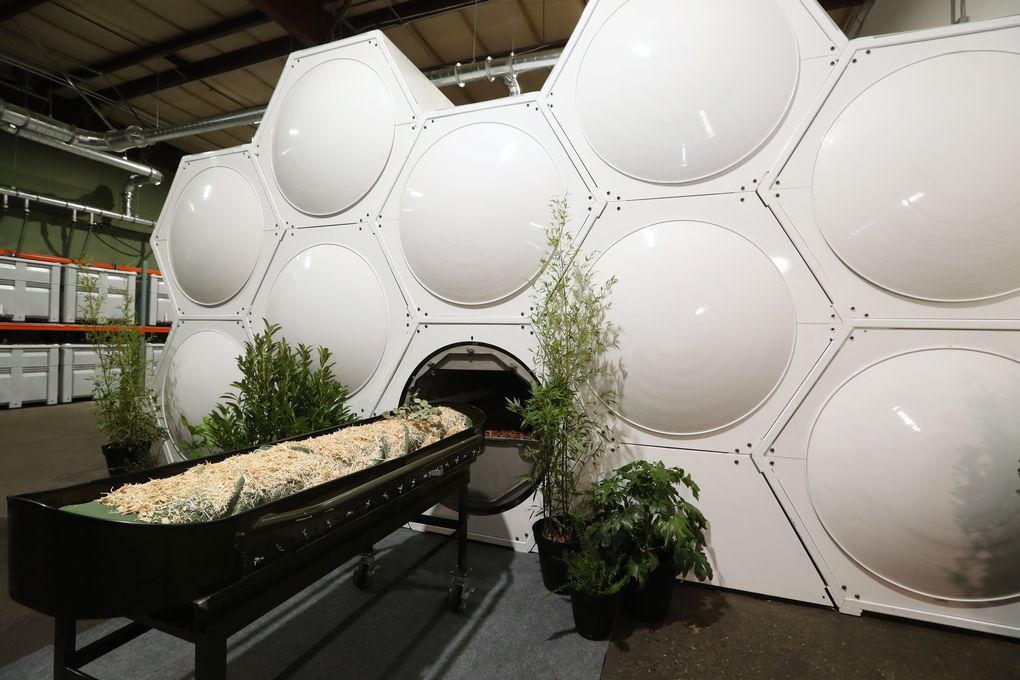I worked through two responses before deciding on this one, which I chose for its attempted honesty in the face of real, violent, and discriminative political/ecological threats. This short response argues for an understanding of community care as a means to mitigate the effects of climate change on the most marginalized. I assume several things which are not necessarily true and are framed imperfectly, listed below.
- There is nothing the masses can do to “stop” climate change
- There is nothing the capitalists and imperialists can/will do to “stop” climate change
- Climate change is resulting in mass extinction
- Climate change will not kill all humans, and will discriminate along geopolitical, racial, and class lines
These assumptions are at best incomplete and at worst false. That said, I adopt them in my life to move toward an acceptance of “our” collective fate, and move forward in my own actions. I’ve come to terms with this as “climate nihilism,” which strikes me as similar to Rupert Read and Samuel Alexander’s This Civilization is Finished, and builds off the anonymously-authored Desert (which is kind of worth the read, but not at all working toward an Indigenous analysis of climate change and its effects).
 Indigenous struggle as climate struggle and struggle against the colonial state—a blockade in so-called Toronto in solidarity with the Wet’suwet’en nation in so-called British Columbia displays a banner reading “NO PIPELINES: Stop RCMP Invasion on Indigenous Lands.”
Indigenous struggle as climate struggle and struggle against the colonial state—a blockade in so-called Toronto in solidarity with the Wet’suwet’en nation in so-called British Columbia displays a banner reading “NO PIPELINES: Stop RCMP Invasion on Indigenous Lands.”
With this acceptance, I try and often fail to do actions that have the greatest immediate impact on those that are most affected by climate change. This can be described as community care, which I define in line with bell hooks’s All About Love, where she attempts to redirect her readers toward a constant and true practice of love in their lives. Mutual aid, whether true to its theory or not, comes to mind—in Seattle this seems to be one common way for community care to manifest. It especially stems from the knowledge that our disproportionately Black and brown unhoused neighbors are also disproportionately affected by climate change. Long, hot, smoky summers, and long, cold, rainy winters lead to preventable deaths from exposure. A meal or a cigarette for a neighbor can be a radical act of love.
 Climate change is here—orange smoke in Seattle 2020 shrouds the buildings and trees.
Climate change is here—orange smoke in Seattle 2020 shrouds the buildings and trees.
This line of thinking, admittedly, is dangerous. It ignores opportunities to mobilize mass lines, work on long-term campaigns, and otherwise organize in politically powerful groups. I describe it, though, in an attempt at an honest answer to the question of “first thoughts”—an acceptance of collective semi-destruction must not mean apathy, but instead move us toward care for each other.
After this wordy response—more words! Here are so many books (should be linked to free online versions) that inform these thoughts. In no order:
- All About Love
- Accomplices not Allies: Abolishing the Ally Industrial Complex
- Red Earth, White Lies: Native Americans and the Myth of Scientific Fact (will have to make an account then download)
- Desert
- Direct Action: Memoirs of an Urban Guerrilla
- The Progressive Plantation: racism inside white radical social change groups
- The Land of Open Graves
- National Union of the Homeless: a brief history
- Primer: Transnational Weapons Corporations (click through to w-tnc.pdf)
- Mutual Aid: Building Solidarity During This Crisis (and the next!)
- Mutual Aid: A Factor of Liberalism
Citations:
Abbas, Freya. “What Canadians should Know about the Wet’suwet’en Nation’s Struggle.” InkSpire, https://inkspire.org/post/what-canadians-should-know-about-the-wetsuweten-nations-struggle/-M2R80RtqjuC-63LBrof.
Alexander, Samuel. “This Civilization is Finished: Conversations on the End of Empire—and What Lies Beyond.” The Simplicity Collective, June 14, 2019.
Anonymous. Desert. E-book, The Anarchist Library, 2011.
hooks, bell. All About Love. HarperCollins Publishers, 2000.
Live Storms Media. “09-12-2020 Seattle, WA – Wildfire Smoke – Major City With Worst Air Quality in the World.” Youtube, September 12, 2020, https://www.youtube.com/watch?v=mH6Spfsntjc.












